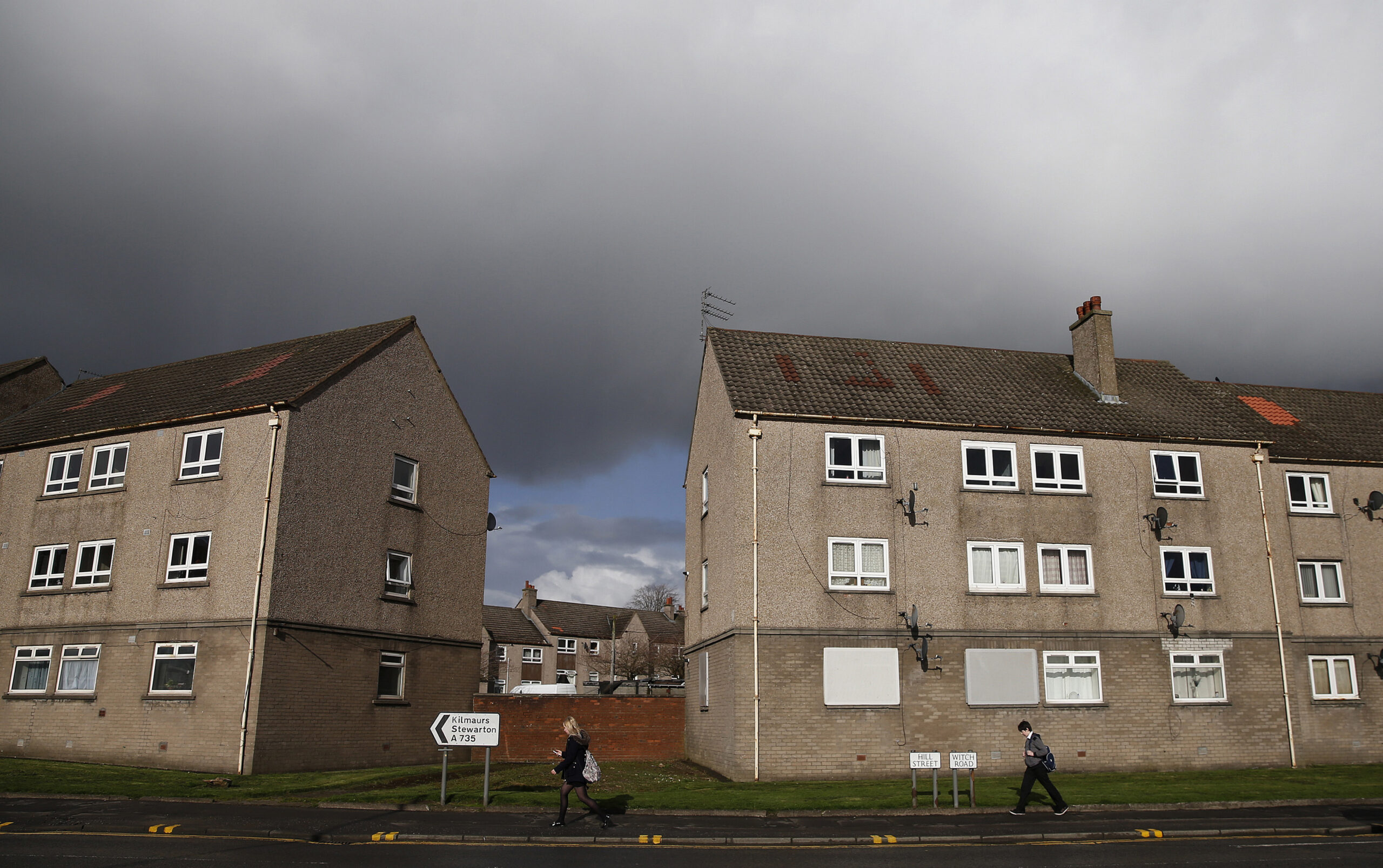Who’s to Blame for Deep Poverty in Scotland?

Events in Scotland could hardly be more dramatic right now. As the crisis engulfing the SNP takes new twists and turns, it’s rightly the most prominent story in the country, given the gravity of events. But in the last week, another important piece of news broke in the form of a major new report by the Joseph Rowntree Foundation. The paper reveals a stark rise in levels of “deep poverty” in Scotland. Some of the findings are shocking, even to those who follow research on deprivation and inequality, raising questions about how it might be tackled and who is to blame.
The report states: “In the time period 1994–1997, 310,000 people in Scotland lived in very deep poverty, that is they had an income less than 40% of the UK median. That was bad enough, but in 2017–2020 (the most recent figures we use), that figure was 460,000. In just over 20 years, we have added the equivalent of the population of Dundee to the group of people who live on an incredibly low income.”
In a couple of decades, rather than reversing the already very high rates of deep poverty, 150,000 more people now live in such conditions. The total figure – 460,000 – is a substantial section of the overall population, which stands at around 5.5 million people. The paper reveals further important detail: “In 1994–97, the proportion of people in very deep poverty was 27%, but in 2017–20 that shot up to 46%. This drastic change means that the level of financial challenges facing people in poverty now are greater. In addition, those in very deep poverty used to have, on average, 71% of the income required to meet the very deep poverty line […] they now have 64%.” To put this in practical terms, “for a couple without children this will mean they are £160 a week away from the £280 a week they need to escape relative poverty. This is more than £8,000 a year short of the poverty line.”
This is nothing short of an urgent social crisis. The research was conducted up until the pandemic – the impact of which has since been compounded by the cost of living crisis. People are finding it harder to keep their home warm (reported by 53% of working-age households), eating lower quality food (46%), and feeling less able to socialise (38%). Meanwhile, homelessness is at record levels, and the number of children living in temporary accommodation has soared. The situation is unequivocally bleak.
The roots of this lie, fundamentally, with a busted economic system. It’s the product of decades of neoliberalism and permanent austerity following the 2008 financial crash. Tory policies have been utterly ruinous across the UK. In 2014, hundreds of thousands of working class Scots mobilised for independence in a bid to break with the damage that the premier party of capital had imposed upon them, as well as with the failures of New Labour. Almost ten years on, the situation for Scots has worsened.
Yet the problem isn’t only to be found in Westminster. The burst of democratic energy in 2014 has been usurped and diluted so that much of it has gone towards buttressing a complacent governing class in Scotland rather than a challenge to it. Here there is talk of “mitigating” austerity. But there has been no real resistance and lots of passing the buck. Indeed, the Scottish government’s own brutal cuts to the public sector and local government reflect a full-throated economic liberalism. This is also the basis for the George Osborne-adjacent Growth Commission and currency capitulation in the form of ‘sterlingisation’, which shuts down the possibility of monetary sovereignty – and therefore initiatives to reorientate the economy through state-led interventions – even after ‘independence’.
The mismatch between rhetoric and reality from what is an increasingly disconnected and image obsessed political class in Edinburgh is self-evident. The Scottish government and the SNP have nestled comfortably in a position where they can displace blame onto Westminster and evade scrutiny of their own record. In truth, despite the party’s dominance, it had expended very little political capital in the direction of working class Scots. Instead, its organising principle has been to outsource projects and service delivery to corporations and private consultancy firms. This has been camouflaged by progressive soundbites, but the lack of real reform even within the devolved context is palpable. All the while the red carpet has been rolled out for foreign capital, extracting the nation’s wealth which should be held in common, as agreements with Rishi Sunak on freeport tax havens are enthusiastically celebrated.
As political developments gather pace, we need to alter the course and terms of public debate in Scotland. Working class demands must be made to cut through the wooliness at Holyrood and its orbit, going beyond performative anti-Toryism to confront and hold to account the cosy and self-referential consensus in Scottish governing circles. After all buzzwords and empty promises are of little comfort to the rising number of Scots facing grinding living conditions, where even the rudiments of a dignified life are out of reach.
Jonathon Shafi is a columnist for Novara Media and socialist campaigner, based in Glasgow. He writes the weekly newsletter ‘Independence Captured’.


